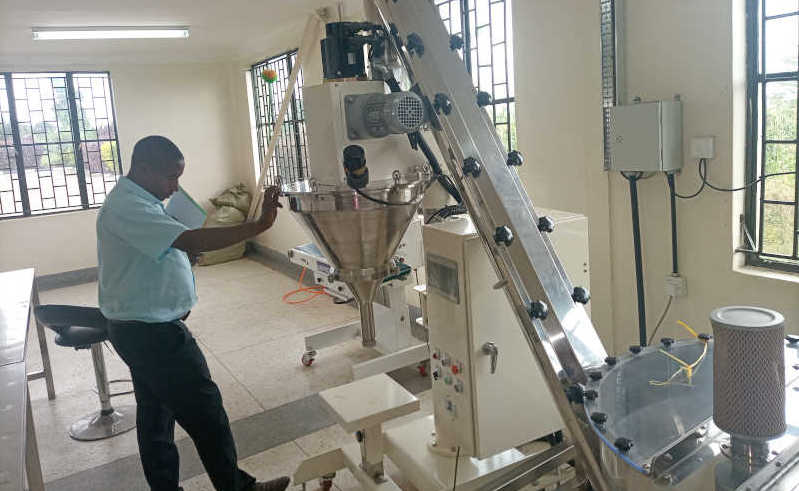Opinions
PSST Ggoobi; Transform agriculture for it to transform the economy
The Permanent Secretary and Secretary to the Treasury Mr. Ramathan Ggoobi made what some, including yours truly, have found to be an unsubstantiated and potentially misleading remark about the role of agriculture in a country’s development.
PSST Ggoobi, while presenting his keynote address at the first Emmanuel Tumusiime Mutebile memorial lecture at Makerere University held recently, argued that no county has ever transformed through agriculture.
He said: “Agriculture does not transform a country. I have said it severally. Agriculture is good for producing food. But food is what, food; that’s all. And food has low income elasticity of demand. Which means that as people earn more money, they don’t spend more on a certain good.”
As he emphasized, this is not the first time Mr. Ggoobi is making the same assertion.
In his previous life as an academic, he made the same conclusion but did not receive a strong enough challenge.
Given that he now occupies an extremely important position as the main architect of Uganda’s economic policy, such sweeping statements cannot not go unchallenged.
The fundamental mistake Mr. Ggoobi makes when he talks about agriculture is to create the impression that agriculture’s only goal is to simply produce food. This cannot be further from the truth.
For whereas agriculture provides the most basic means of survival through peasant farming, ignoring its potential multiplier effect as a source of raw materials for industries, an important trigger for innovations, and many other forward and backward economic and industrial processes, is to miss the bigger picture.
As our most influential permanent secretary, Mr. Ggoobi urgently needs to distinguish between peasant agriculture and the concept of agricultural value addition and its contribution to industrialization.
Contrary to his assertion that no country has ever transformed through agriculture, there is overwhelming evidence pointing to the contrary; that indeed most countries including the United States and China, managed to transform their economies only after they were able to transform their agricultural sectors.
By mechanizing agriculture, the developed countries of the west and the east, were able to obtain increased production which created demand innovations targeting food processing and preservation industries.
On the other hand, faced with challenges such as pests and disease, agriculture triggered research into diverse products that turned out to serve other functions such as the beer, textile and garments industries. Indeed, it can be argued that agriculture was one of the main considerations for the establishment of universities in many parts of the world – to provide solutions to challenges such as crop pests and diseases.
In the United States for example, there is what is known as Land grant universities – universities that were started to solve the challenges of society, most of which surrounded farming and health challenges.
Still with the United States, the country transformed its agriculture by increasing productivity as well as value addition through mechanization. It is said that some 25,000 different products ranging from pharmaceutical grade starch, diverse baby foods, bio-fuel are all made from maize alone. This level of value addition has not happened over-night but grew gradually through deliberate support to the agricultural sector by governments through assistance to farmers, universities and other industries such as pharmaceuticals to uptake the products from agriculture.
Many Nordic countries (especially Finland and Denmark) mostly owe their wealth and prosperity to their dedication to nurturing their timber and diary industries, respectively. By deciding to focus on the diary and piggery sub-sectors, Denmark currently produces some of the most-sought after baby formula milk. Their focus also triggered innovation into machines that process and preserve food.
Finland’s focus on the timber industry, also triggered innovations that have placed the country among those that produce the highest number of woodworking machines.
In Uganda, for as long as the government and its technocrats continue to view agriculture merely as a source of food, the sector cannot transform the economy. But we know that efforts have been made to try to escape the subsistence curse of agriculture and integrate it with other sectors such as the beer industry.
If we were to focus on a few crops such as coffee and maize, so many products could spin off from here that would result not only into a lot of foreign exchange, but also trigger innovations in other fields that expandd into new spheres of manufacturing.
What we need is a mindset shift that embraces agricultural mechanization and value addition for the sector to be able to transform Uganda’s economy.
Comments



























